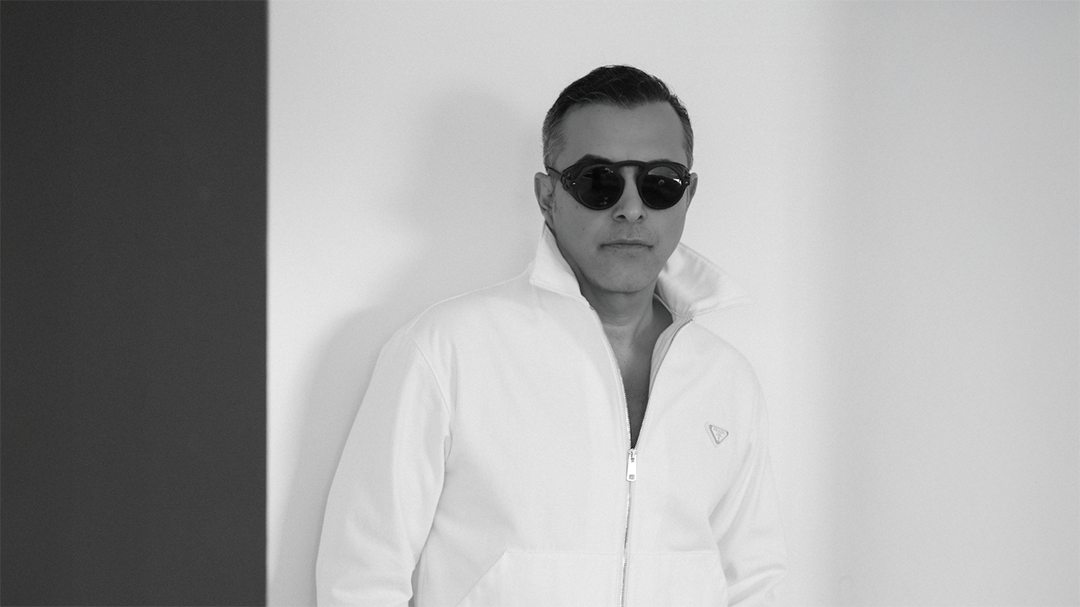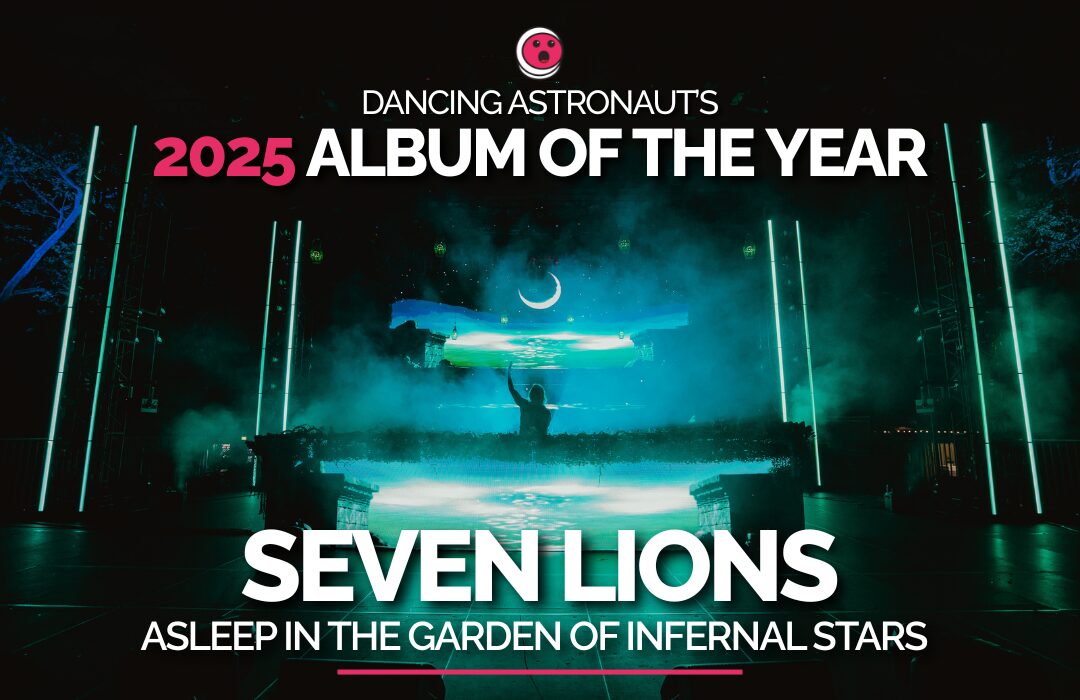Naruto is a mega-popular shonen action series that stars the protagonist Uzumaki Naruto, the troublemaker young ninja who dreamed of becoming Hokage someday. As a true shonen hero, Naruto believes in the power of friendship, the value of hard work, and the innate goodness of other people. He's an optimist, more than anything.
Naruto has come a long way since his ninja academy days, and he even defeated the likes of Pain and the moon princess, Kaguya Otsutsuki. The whole time, though, Naruto remained true to who he really was, and his personality can be best described not only with his astrological sign, but also his MBTI personality type after carefully assessing his behavior and worldview. The results are clear -- he is a Protagonist, and not just because of his role in the story of Naruto.
Uzumaki Naruto's MBTI Type: ENFJ-T, The Protagonist
Not all action story protagonists actually fit the Protagonist MBTI personality type -- others might be a Defender, Consul, or even an Advocate. Uzumaki Naruto really does embody the Protagonist type, though, with his code being ENFJ-T, meaning he is Extroverted Intuitive Feeling Judging, with some inner turbulence thrown in. The Protagonist is everything that makes for a good action star, a friendly and inspiring person who seeks to uplift others and protect them from injustice at any cost. More than any other MBTI type, the Protagonist will step forth and confront evil, always standing up for what is right.
An ENFJ like Naruto has a strong sense of right and wrong, much like Consuls and Advocates, but they are even more charismatic and proactive than those other MBTI types and are more prone to reckless but heroic feats to defend justice and protect others, hence the name Protagonist. Overall, Protagonists can be considered leaders who think with their gut, as opposed to more analytical leaders such as the Commander type or the Campaigner type. Protagonists are quick to take charge when things go wrong and lead everyone to victory against any opponent or disaster, and inspire everyone to follow them into the fray. Notably, Protagonists are sensitive and highly attuned to the needs of others, just like the Consul and Defender types, and Protagonists like Naruto are motivated to fulfill the needs of everyone around them, and not themselves. An ENFJ will always take center stage as a showy and strong-willed fighter, but they never act selfishly or vainly. It's never about them.
There's a lot to like about an ENFJ, but this personality type might also get carried away and project its own vision of justice and righteousness onto others, even if other people may feel differently. At times, a Protagonist might get too caught up in what they think is right, and that can make them inflexible or cause them to act a bit out of touch. Protagonists might also burn out the people around them with their intensity and enthusiasm, and they may struggle when faced with a tough dilemma. A Protagonist always wants to save everyone, but sometimes, they cannot, and they can't easily abandon one person in need to save another. Hard choices are not a Protagonist's forte.
Uzumaki Naruto As A Protagonist In Naruto
Uzumaki Naruto sought to save the entire world from pain and suffering, lead the Hidden Leaf Village as the Hokage, and stand up for what is right, no matter the odds. These core traits are all classic ENFJ signposts, and Naruto has embodied the Protagonist type since his boyhood. Naruto's goal to become Hokage did have a selfish component, where he aimed to prove himself as a worthy ninja despite his ostracization for being a jinchuriki, but there's more to it. Naruto didn't just want the glory, he wanted to defend his beloved home village from all threats, and help enforce peace and harmony in the world. He later inherited Jiraiya the toad sage's dream of world peace, and that is a true Protagonist goal to have.
Naruto's Protagonist streak is also a personal one, and he has redeemed many villains with his "talk no jutsu." An ENFJ is a charismatic and emotionally sensitive person who must aid and uplift others as a symbol of hope, and time and again, Naruto used empathy and wise words to bring out the best in other people and save a hopeless situation. He did this early on when he made a strong emotional appeal to Zabuza, for example, and that helped Zabuza die happy. More significantly, Naruto did this again when he fought Gaara to a standstill in the Konoha Crush story arc and sympathized with Gaara as a fellow outcast. This was a turning point for Gaara, who listened to Naruto's words and resolved to fight for good, and not for self-validation. In yet another instance, Naruto's ENFJ personality helped him convince the jaded and grieving Tsunade to believe in hope again and assume the title of Fifth Hokage.
Naruto's Protagonist ways also helped shape his relationship with his troubled teammate, Uchiha Sasuke, who was determined to obtain power at any cost, even if it meant abandoning his village and friends. To an ENFJ like Naruto, friendship, hope and courage mean everything, and power for its own sake is wrong. Naruto never gave up his noble goal of bringing back the rogue villain Sasuke, and as a true ENFJ, he saw the good in his friend Sasuke to the very end.
About The Author

